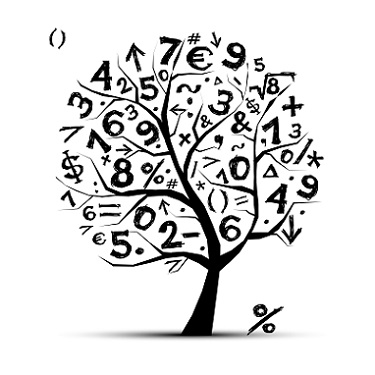1 Key issue 1: What does it mean to make progress in mathematics?
This is an important first consideration when thinking about assessment.
Reflection point
Consider what progress in mathematics means to you. Does it mean answering questions on harder concepts? Or does it mean answering more complex questions? Are you better at mathematics because you can complete lots of questions that are all the same, or because you can persevere with a problem and suggest different ways of tackling it?
Your students may think that all of these things show their progress in mathematics. Many students want you to tick the questions they have done as correct, as that shows that they can follow a procedure. Whether or not this is progress may depend on many things, for example the kind of questions asked and whether they can they still use that procedure correctly in the next lesson.
Activity 1 Assessing what counts
Read the articles on assessment by Helen Drury [Tip: hold Ctrl and click a link to open it in a new tab. (Hide tip)] and Todd Rose.
Can the GCSE-style tests mentioned in the first article tell you about how well someone has mastered mathematics skills and knowledge? What do the results tell you? The author mentions the students’ pride when they achieve a high grade in these tests. Think about the students who receive a lower grade – what is likely to be the effect on them? Is it possible that the lower-attaining student is still making progress?
List the key messages of the second article. What do these key messages mean for teaching mathematics?

